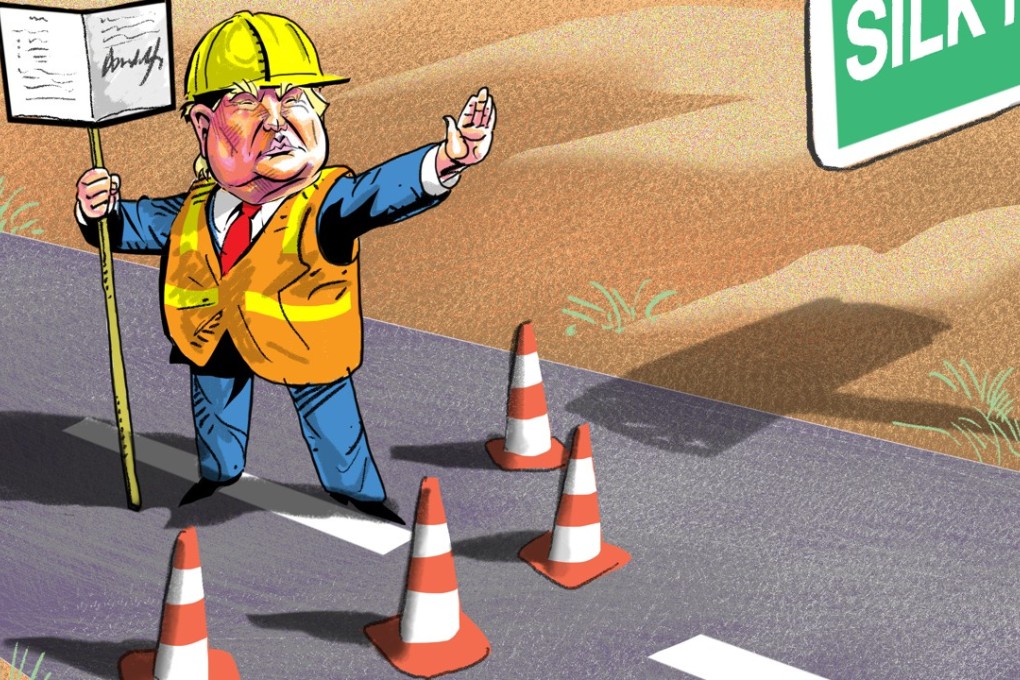Advertisement
Why Iran nuclear deal fallout could scuttle China’s Middle East ambitions
Emanuele Scimia says China has a big stake in ensuring that the Iran nuclear deal stays intact as its investment and influence in the Middle East grows
Reading Time:4 minutes
Why you can trust SCMP

If there is a clear loser in the demise of the Iran nuclear deal, it is likely China. On Tuesday, US President Donald Trump virtually killed the Joint Comprehensive Plan of Action, which six world powers – the United States, Russia, China, France, Britain and Germany – had agreed on in 2015 to curb the military dimension of Iran’s nuclear programme in return for relief from economic sanctions.
China played an important role in the negotiations leading to the deal, and together with Russia and the three European signatories has tried to save it in the past months. Russia, France, Britain and Germany have already said that they are still committed to the deal and will work to forge a new agreement. The Chinese leadership is likely to join forces with them. International stability is key to China’s long-term strategic plans.
China voices support for Iran nuclear deal after US walks away
How China can benefit from anti-Trump sentiment in Iran
As a trade-oriented power, China has an interest in preventing further destabilisation of the Middle East, where it has strong economic ties with Iran, but also with Israel and Saudi Arabia, two regional arch-rivals of Tehran. China was Iran’s top trading partner in 2017, as well as Saudi Arabia’s second-largest and Israel’s third-largest.
Now that the nuclear pact seems doomed, the risk of an all-out war involving [Iran, Israel and Saudi Arabia] has increased
The signing of the Joint Comprehensive Plan of Action did not eliminate confrontation in the region, but contributed to reducing the danger of a direct conflict between Iran and Israel, and between Iran and Saudi Arabia.
Advertisement
Now that the nuclear pact seems doomed, the risk of an all-out war involving these three actors has increased, also considering that Israel recently escalated attacks on Iranian positions in Syria, and reports say Saudi Arabia is stepping up cooperation with Washington to fight pro-Iranian Houthi rebels in Yemen.
In this new scenario, China’s plans to make the Middle East a key section of its Belt and Road Initiative, which is designed to increase connectivity across Eurasia, could be derailed.
Advertisement
Chinese President Xi Jinping launched the infrastructure scheme in September 2013 and Beijing aims to gain greater access to markets in West Asia through its new “silk routes”. From 2014 to 2017, China invested about US$64 billion in the region, of which some US$10 billion were channelled into transport projects, according to the China Global Investment Tracker.
Advertisement
Select Voice
Select Speed
1.00x